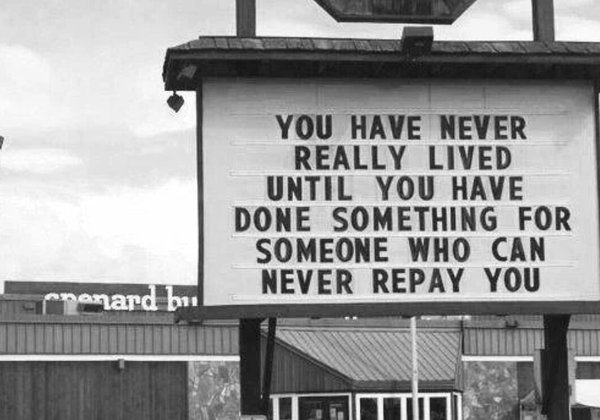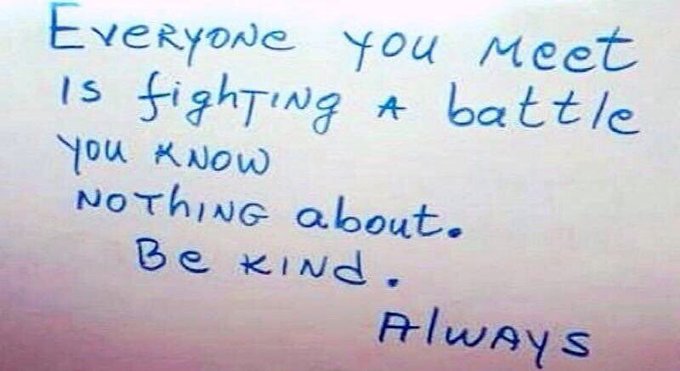Friday, November 22, 2019
Never Ask a Student This Question About Their Behavior
Students who are in trouble almost always have a good reason for why they did what they did. Sometimes a student will admit fault and take full ownership, but that's not usually the case, especially for students who habitually shift responsibility. Usually, they explain away their behavior and how they were misunderstood or how someone else's bad behavior led to their actions.
So how should educators handle that situation? Is it okay for a student to act badly if they have a good reason or feel justified in their behavior? Absolutely not. If they can explain their intentions, does that make it better? Not really.
I had this conversation with a student the other day. In life, people are going to know you by your behavior, not your intentions. So I hear what you're saying. You didn't mean to be disrespectful. You didn't mean to cause a problem. You had a good reason for what you did. But I can't know your reasons, truly. I believe what you're saying. But it's not for me to judge your intentions. No one can know what's in another person's heart with certainty. I can't know your intentions. But I can observe your behaviors.
And life will always hold you accountable for your actions. It might not happen immediately. You might get away with it for a while. However, the choices you make now will impact your future. And as someone who cares about you and your future, it's my job to help you be accountable now so life won't be so hard on you later.
So I never ask students this question:
"Why did you do it?"
That just reinforces the idea that if you had a good enough reason, it's okay to act badly. That if you had a good enough reason, it's okay to act in a way that's harmful to others.
Instead, ask the following:
"What did you do? Which choices you made caused a problem?"
"Who or what was harmed as a result of your choices?"
"What are the expectations (rules) here about these choices?"
"How might you correct the situation so it doesn't happen again in the future?"
Keep the focus on the behavior and not the underlying motivations. If the student tries to justify their behavior, keep coming back to the specific choices and how those choices aren't acceptable in this space. When we keep the focus on what happened and how it had an impact on others, we encourage full responsibility.
Wednesday, November 13, 2019
Three Myths About Kindness

It's been great to see all the posts today for #WorldKindnessDay. It got me thinking about what it means to be kind. I think there are a few myths out there about this concept, and I wanted to address them.
Myth #1: Kindness is weak.
Kindness is NOT weak. In fact, it takes courage to show kindness. It takes strength. It takes setting aside what's easy for what's valuable. Being kind requires strength of character.
Myth #2: Kindness is the same as being nice.
Kindness is NOT just being nice. Being nice is one aspect of kindness, but that's not the end of it. Kindness is about making decisions that result in healthy relationships. It's about giving your time, your attention, your caring heart, your extra efforts, your helping hand, your selfless actions to lift up others.

Myth #3: Kindness is a feeling.
Kindness is NOT a feeling, it's a choice. It's a behavior. You're not going to like everyone you meet. You're probably not always going to feel like being kind to them. But you can choose to treat everyone you meet with all the care and concern of people you do like.
The more you practice being kind, the easier it is to demonstrate this behavior consistently. It becomes a habit. It becomes who you are, and you don't even hesitate to act in kind ways.
You can never do a kindness too soon, for you never know how soon it will be too late. -Ralph Waldo Emerson
How has someone shown kindness to you? How are you growing in your own ability to be kind to others? What other myths exist around kindness? Leave a comment below or respond on Facebook or Twitter.
Subscribe to:
Posts (Atom)
